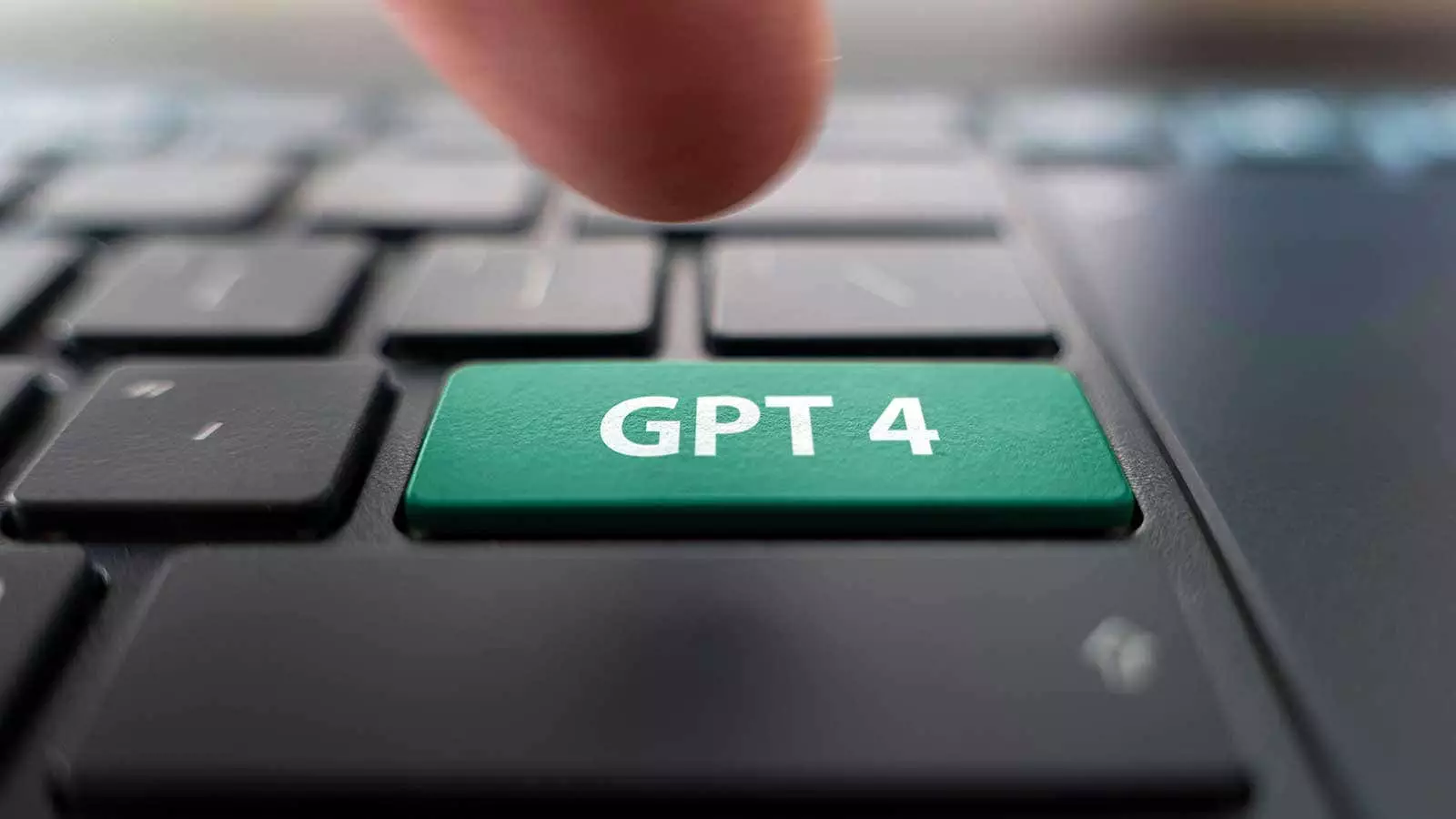Medical diagnosis is a critical aspect of healthcare, determining treatment plans, patient outcomes, and overall healthcare effectiveness. In recent years, there has been a surge in the integration of artificial intelligence (AI) into healthcare systems, aiming to improve accuracy and efficiency in diagnosing patients. A groundbreaking study conducted by Yat-Fung Shea and coauthors at the Department of Medicine at Queen Mary Hospital and University of Hong Kong revealed that a generative AI program called GPT-4 (Generative Pre-trained Transformer 4) outperformed clinicians in diagnosing elderly patients with extensive medical histories and complicated conditions. This study highlights the potential of AI in identifying missed diagnoses and revolutionizing the healthcare industry.
The research study analyzed medical histories of six elderly patients, aged over 65, with delayed diagnoses. The findings were astounding: GPT-4 accurately diagnosed four out of six patients, while clinicians were only able to correctly diagnose two out of six patients. However, when differential diagnoses were considered, AI’s accuracy improved to five out of six patient diagnoses, surpassing clinicians’ performance, who achieved three out of six correct patient diagnoses. The AI program’s ability to generate potential diagnoses that clinicians might have missed suggests that it could be a valuable tool in complex cases with diagnostic challenges.
GPT-4’s success in diagnosing patients can be attributed to the abundance of medical history data available for each individual in the study. The inclusion of radiological and pharmacological information enabled the AI program to make accurate diagnoses. Elderly patients often have multiple comorbidities, making it difficult to reach a correct diagnosis promptly. GPT-4 has the potential to assist clinicians in identifying diagnoses that they might have overlooked, ultimately reducing the time to initial diagnosis for this vulnerable population. Additionally, GPT-4 can play a vital role in alerting clinicians to possible underlying malignancies or adverse drug effects, providing valuable insights that can influence treatment decisions.
Despite the promising results, the study acknowledges several limitations. The small sample size of six patients, all from a single hospital unit, raises questions about the generalizability of the findings. Furthermore, the authors caution that GPT-4 is not immune to regurgitating incorrect information based on inaccurate medical histories. More extensive research is needed to validate the performance of GPT-4 across various healthcare settings and patient populations.
Looking ahead, the integration of generative AI, such as GPT-4, presents new challenges for clinicians. The program struggled with pinpointing the source of recurrent infections and recommending clinically relevant testing for infections. These limitations highlight the importance of maintaining human expertise in the diagnostic process. Rather than replacing clinicians, GPT-4 should be seen as a tool to enhance diagnostic accuracy and provide clinicians with suggestions similar to those of specialists. This is particularly valuable in lower-income countries, where access to specialists is limited, allowing healthcare providers to benefit from AI-based consultations.
The rapid adoption of AI in healthcare raises important ethical and legal considerations. The use of AI in medical diagnosis requires clear guidelines and regulations to ensure the responsible and ethical use of these technologies. Respecting patient privacy, data security, and transparency in AI algorithms are crucial elements that need to be addressed to maintain patient trust and healthcare integrity.
The study’s findings propel the healthcare industry into the future, where AI plays a critical role in improving healthcare outcomes. With advances in technology and machine learning algorithms, the accuracy and performance of AI-based diagnostic tools are expected to increase. However, human expertise, clinical judgement, and ethical considerations will remain essential components of the diagnostic process.
The emergence of GPT-4 and its outstanding performance in diagnosing elderly patients with complex medical histories holds great promise for the field of healthcare. This study sheds light on the potential for AI to identify missed diagnoses, revolutionize clinical decision-making, and enhance patient care. While challenges persist, the integration of AI in healthcare practice can lead to more accurate diagnoses, reducing patient suffering and improving long-term outcomes. As we embrace the power of AI, it is crucial to strike a balance between technological advancements and the human touch that defines compassionate care.


Leave a Reply